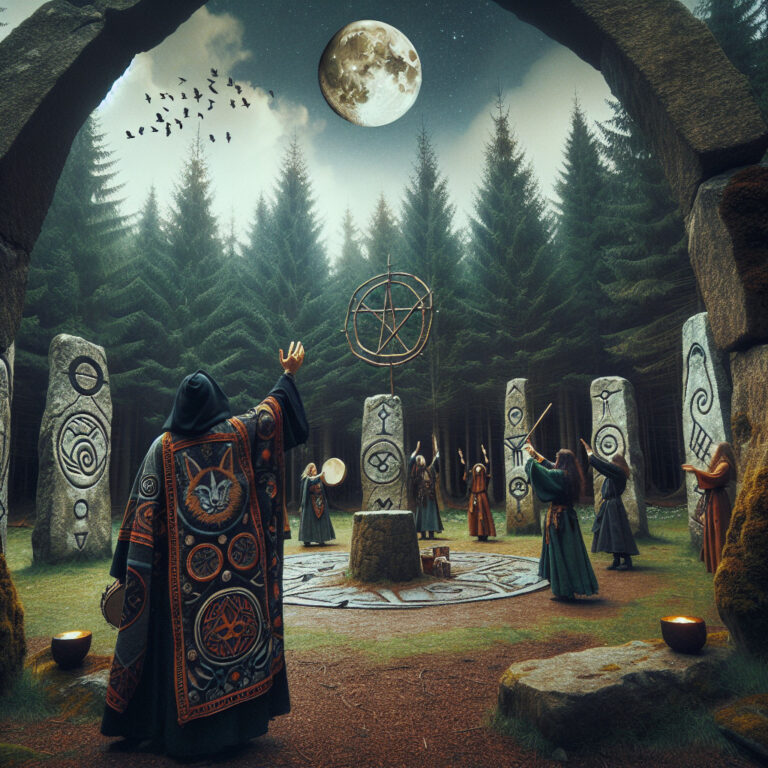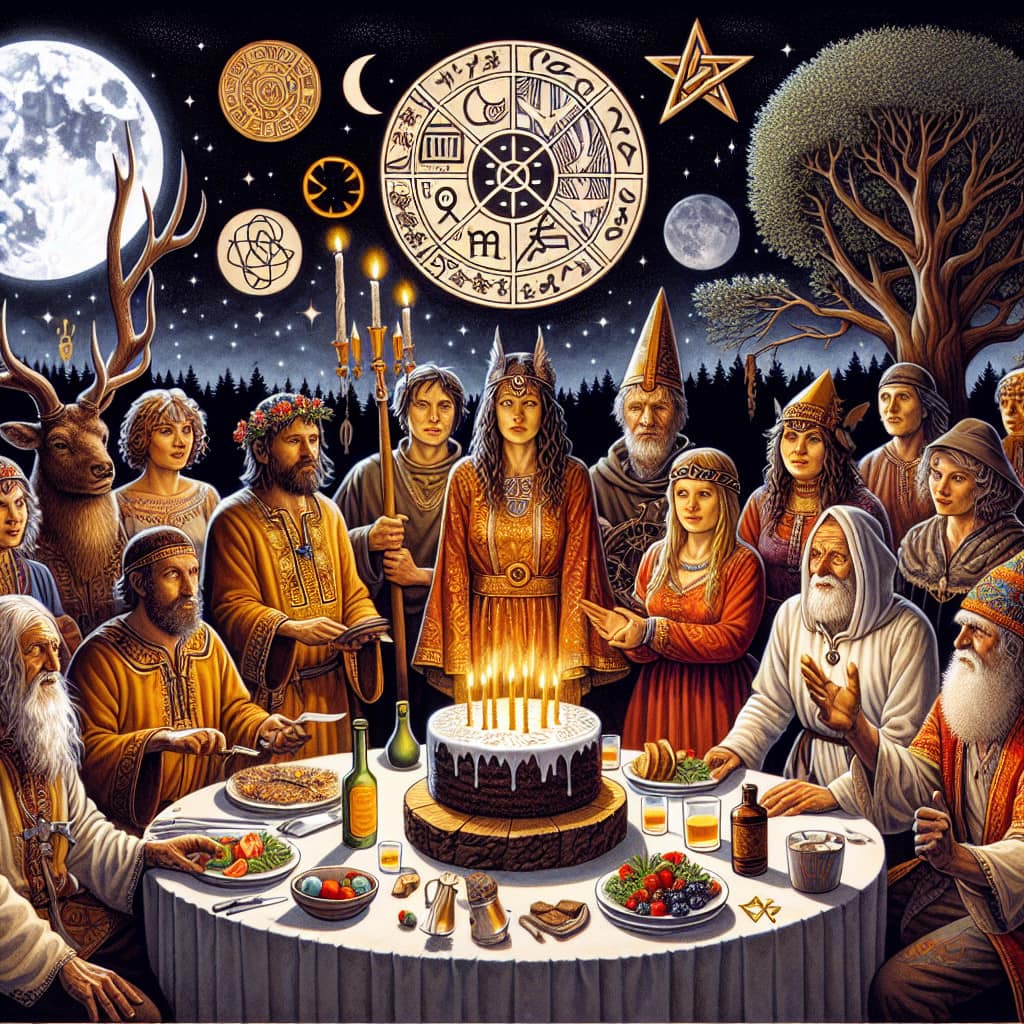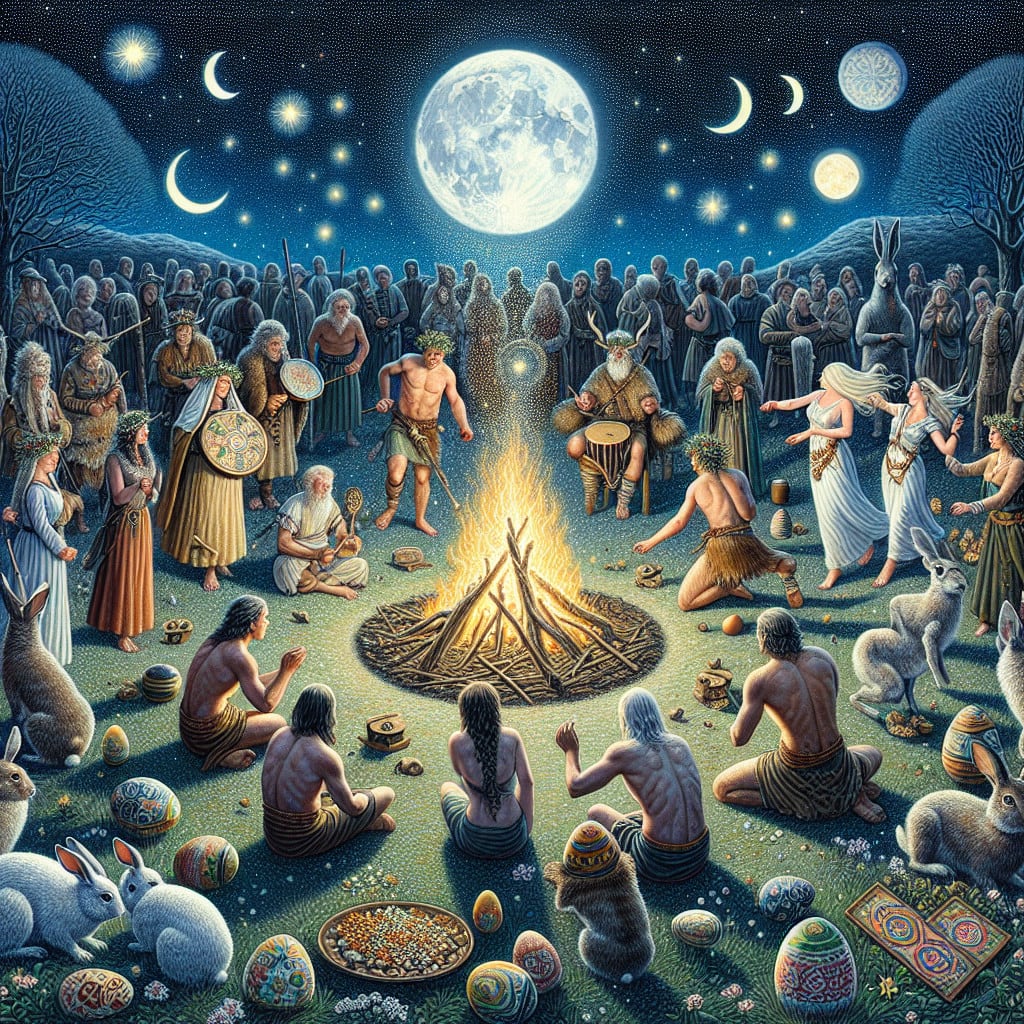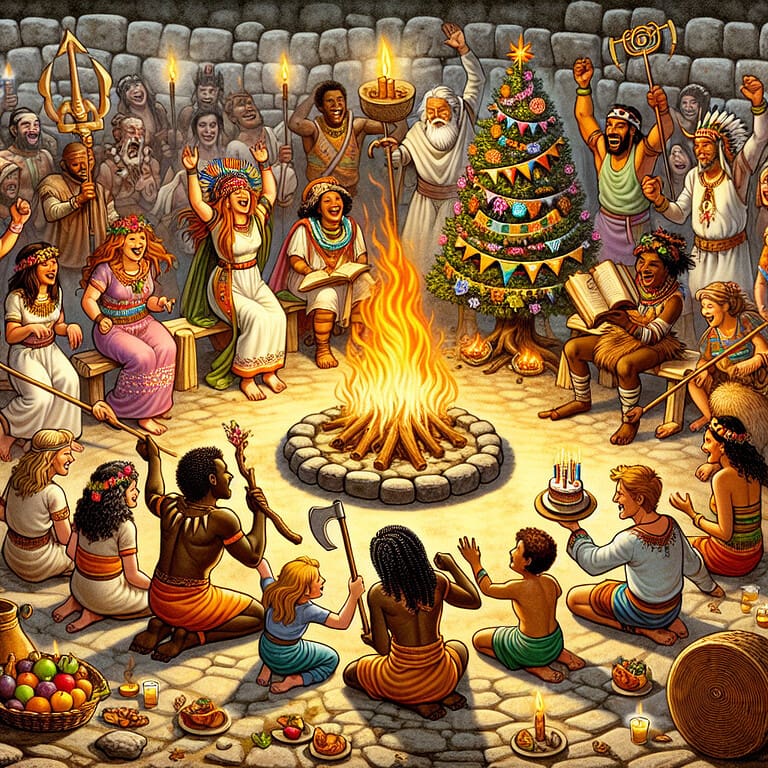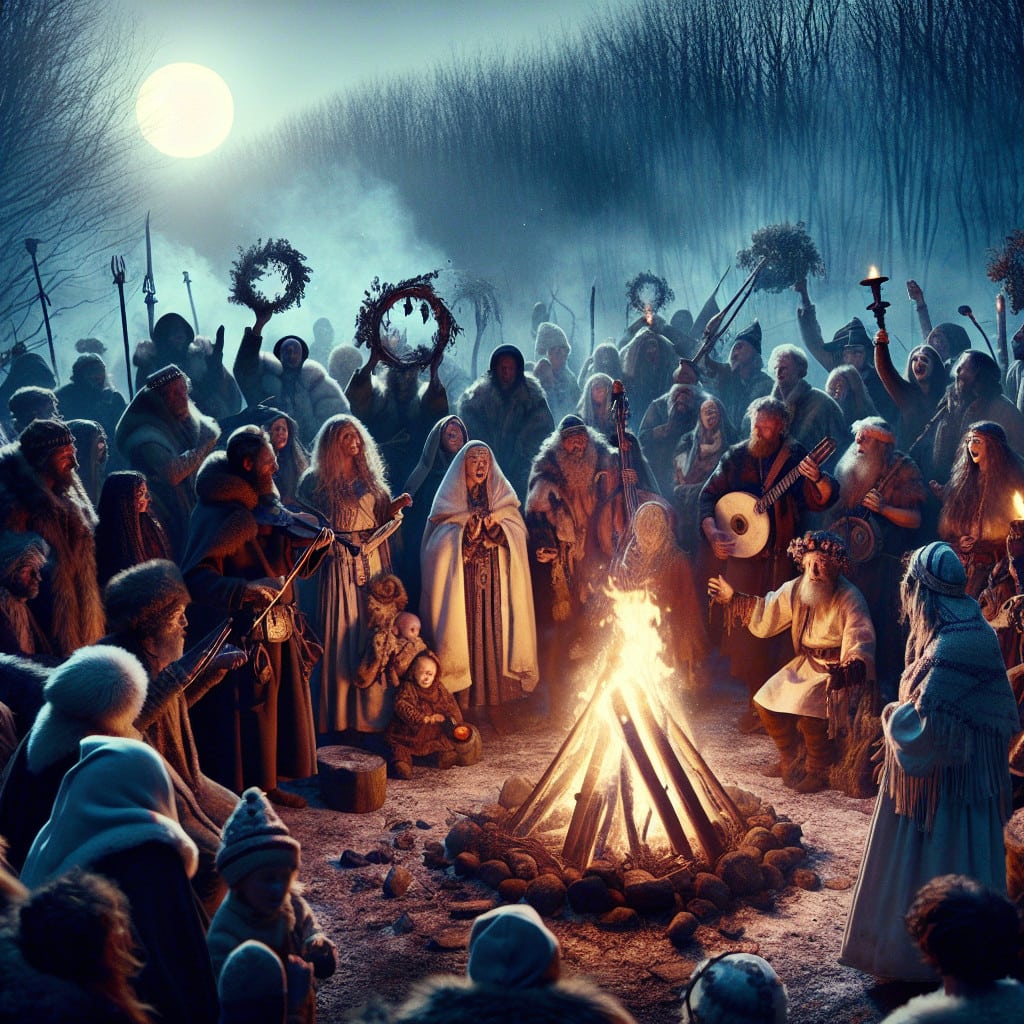Pagan Origins Of Birthdays - In fact, many christians didn't celebrate birthdays. The idea of celebrating the date of your birth is a pagan tradition. The origins of birthday celebrations lie in the ancient pagan cultures of egypt, mesopotamia, greece, and rome. Given the historical and religious contexts, it is clear that birthday celebrations are deeply rooted in pagan traditions. Birthday celebrations in both ancient greece and rome were thus not only a way to honor an individual but also a way to demonstrate.
Birthday celebrations in both ancient greece and rome were thus not only a way to honor an individual but also a way to demonstrate. In fact, many christians didn't celebrate birthdays. The origins of birthday celebrations lie in the ancient pagan cultures of egypt, mesopotamia, greece, and rome. Given the historical and religious contexts, it is clear that birthday celebrations are deeply rooted in pagan traditions. The idea of celebrating the date of your birth is a pagan tradition.
The idea of celebrating the date of your birth is a pagan tradition. In fact, many christians didn't celebrate birthdays. The origins of birthday celebrations lie in the ancient pagan cultures of egypt, mesopotamia, greece, and rome. Given the historical and religious contexts, it is clear that birthday celebrations are deeply rooted in pagan traditions. Birthday celebrations in both ancient greece and rome were thus not only a way to honor an individual but also a way to demonstrate.
"Exploring the Pagan Origins of Birthdays" Paganeo
Birthday celebrations in both ancient greece and rome were thus not only a way to honor an individual but also a way to demonstrate. In fact, many christians didn't celebrate birthdays. The idea of celebrating the date of your birth is a pagan tradition. The origins of birthday celebrations lie in the ancient pagan cultures of egypt, mesopotamia, greece, and.
"Exploring the Pagan Origins of Birthdays" Paganeo
Birthday celebrations in both ancient greece and rome were thus not only a way to honor an individual but also a way to demonstrate. Given the historical and religious contexts, it is clear that birthday celebrations are deeply rooted in pagan traditions. The idea of celebrating the date of your birth is a pagan tradition. The origins of birthday celebrations.
"Exploring the Pagan Origins of Birthdays" Paganeo
Birthday celebrations in both ancient greece and rome were thus not only a way to honor an individual but also a way to demonstrate. The origins of birthday celebrations lie in the ancient pagan cultures of egypt, mesopotamia, greece, and rome. Given the historical and religious contexts, it is clear that birthday celebrations are deeply rooted in pagan traditions. In.
Easter Exploring the Pagan Origins Paganeo
The idea of celebrating the date of your birth is a pagan tradition. Birthday celebrations in both ancient greece and rome were thus not only a way to honor an individual but also a way to demonstrate. The origins of birthday celebrations lie in the ancient pagan cultures of egypt, mesopotamia, greece, and rome. Given the historical and religious contexts,.
Birthdays are Pagan
In fact, many christians didn't celebrate birthdays. Birthday celebrations in both ancient greece and rome were thus not only a way to honor an individual but also a way to demonstrate. The idea of celebrating the date of your birth is a pagan tradition. The origins of birthday celebrations lie in the ancient pagan cultures of egypt, mesopotamia, greece, and.
Pagan Origins of Birthday Celebrations Paganeo
Given the historical and religious contexts, it is clear that birthday celebrations are deeply rooted in pagan traditions. The origins of birthday celebrations lie in the ancient pagan cultures of egypt, mesopotamia, greece, and rome. The idea of celebrating the date of your birth is a pagan tradition. In fact, many christians didn't celebrate birthdays. Birthday celebrations in both ancient.
Pagan Origins of Birthdays
In fact, many christians didn't celebrate birthdays. The origins of birthday celebrations lie in the ancient pagan cultures of egypt, mesopotamia, greece, and rome. The idea of celebrating the date of your birth is a pagan tradition. Birthday celebrations in both ancient greece and rome were thus not only a way to honor an individual but also a way to.
Pagan Birthdays Make your Birthday Magickal! Spells8
The origins of birthday celebrations lie in the ancient pagan cultures of egypt, mesopotamia, greece, and rome. In fact, many christians didn't celebrate birthdays. Given the historical and religious contexts, it is clear that birthday celebrations are deeply rooted in pagan traditions. Birthday celebrations in both ancient greece and rome were thus not only a way to honor an individual.
"Exploring the Pagan Origins of Birthdays" Paganeo
The origins of birthday celebrations lie in the ancient pagan cultures of egypt, mesopotamia, greece, and rome. The idea of celebrating the date of your birth is a pagan tradition. Given the historical and religious contexts, it is clear that birthday celebrations are deeply rooted in pagan traditions. In fact, many christians didn't celebrate birthdays. Birthday celebrations in both ancient.
"Exploring the Pagan Origins of Birthdays" Paganeo
In fact, many christians didn't celebrate birthdays. The idea of celebrating the date of your birth is a pagan tradition. Birthday celebrations in both ancient greece and rome were thus not only a way to honor an individual but also a way to demonstrate. Given the historical and religious contexts, it is clear that birthday celebrations are deeply rooted in.
The Origins Of Birthday Celebrations Lie In The Ancient Pagan Cultures Of Egypt, Mesopotamia, Greece, And Rome.
Birthday celebrations in both ancient greece and rome were thus not only a way to honor an individual but also a way to demonstrate. Given the historical and religious contexts, it is clear that birthday celebrations are deeply rooted in pagan traditions. In fact, many christians didn't celebrate birthdays. The idea of celebrating the date of your birth is a pagan tradition.

